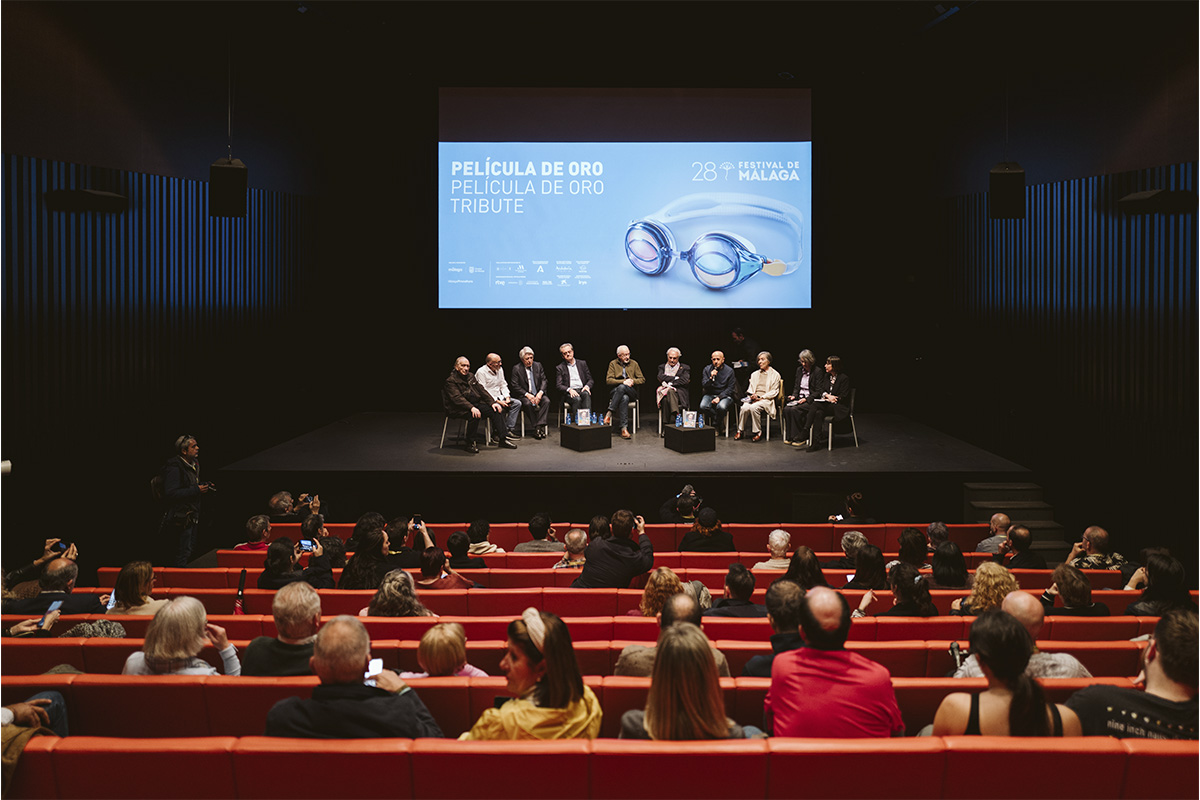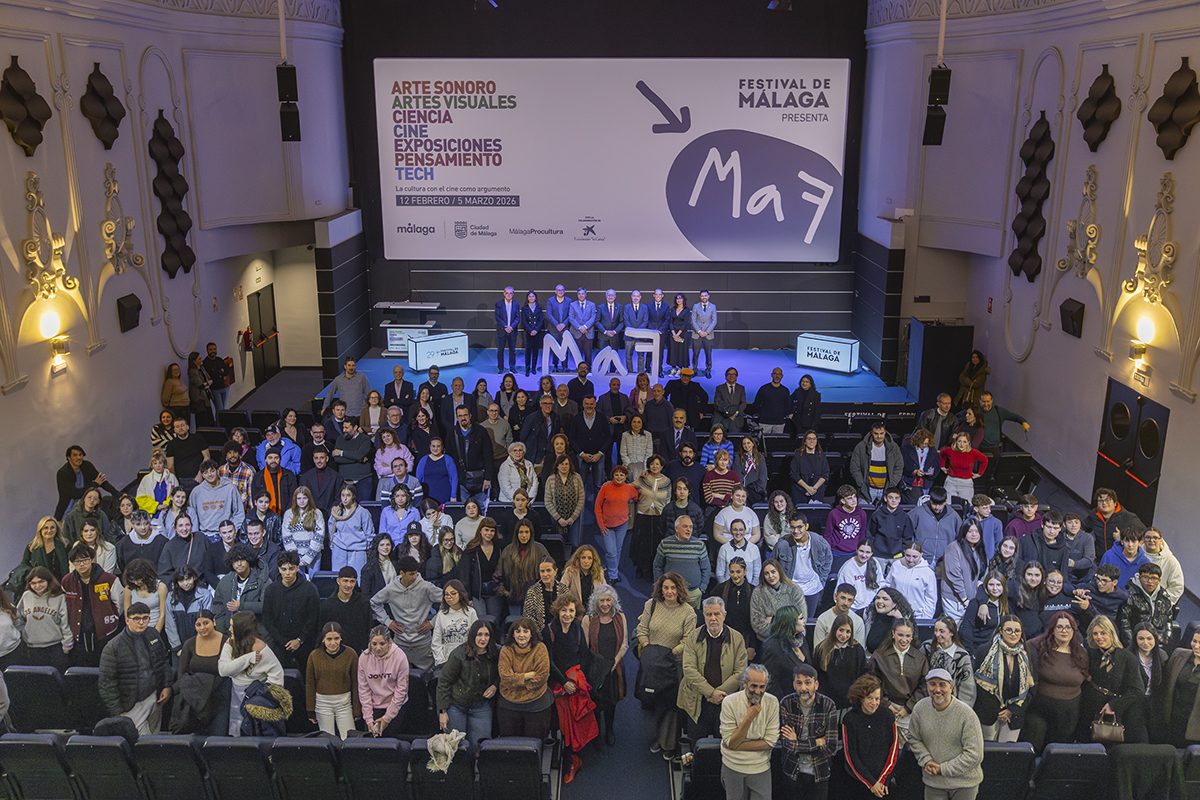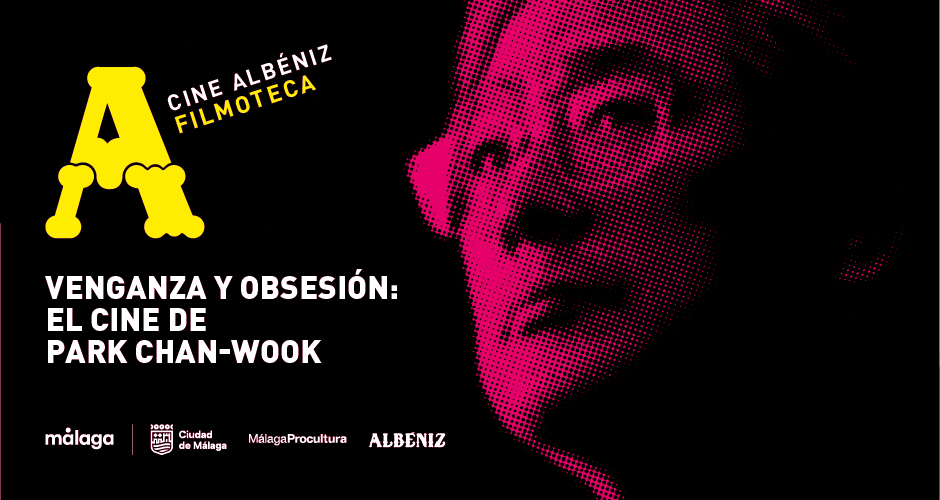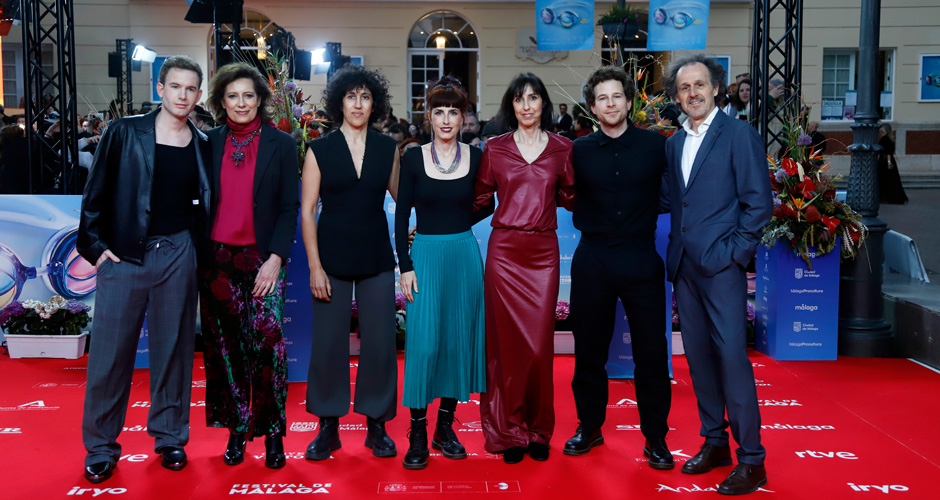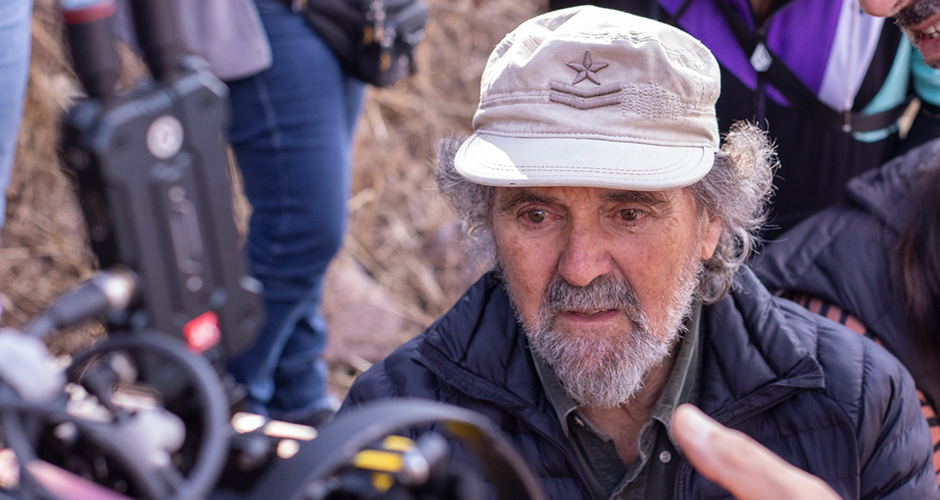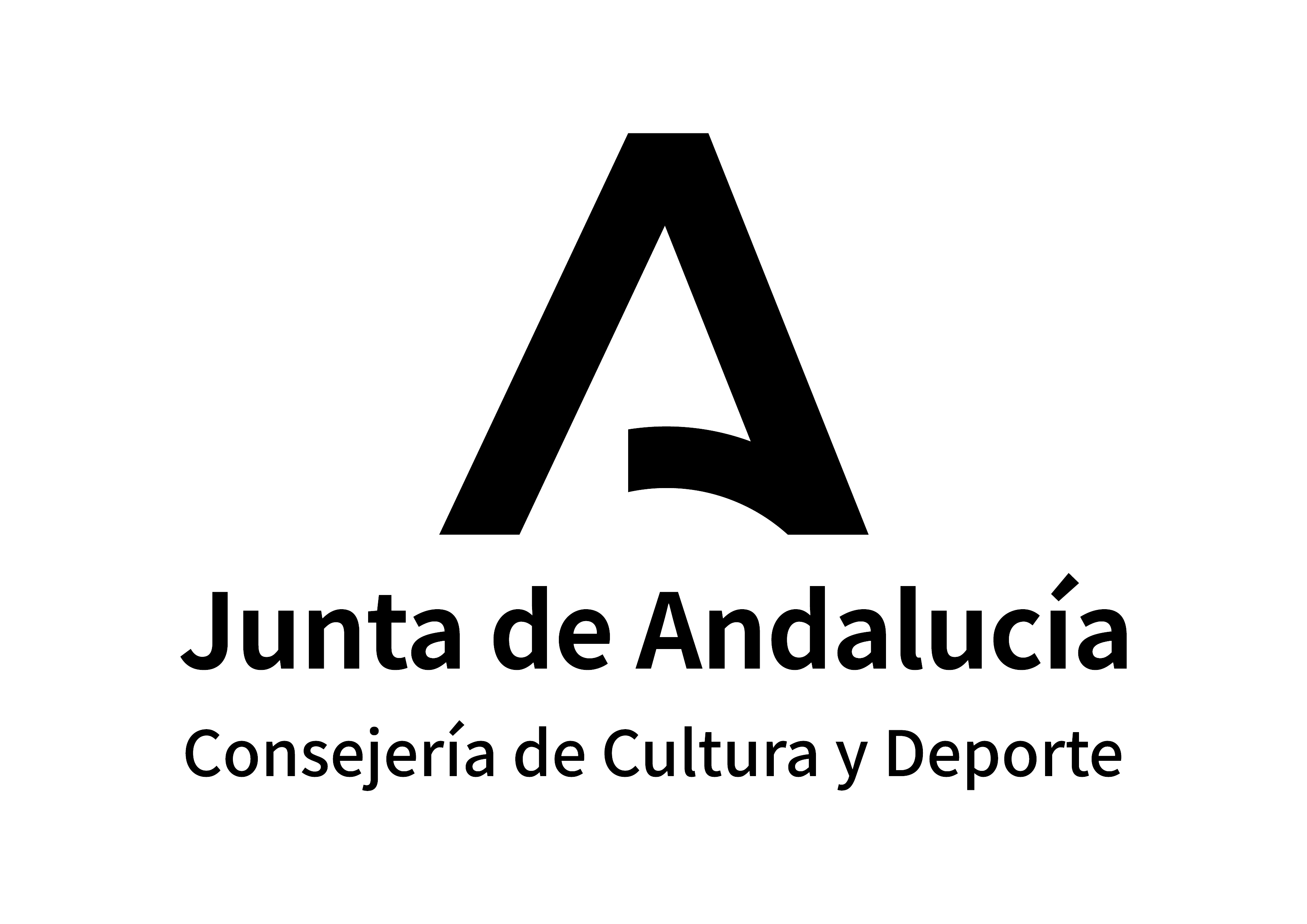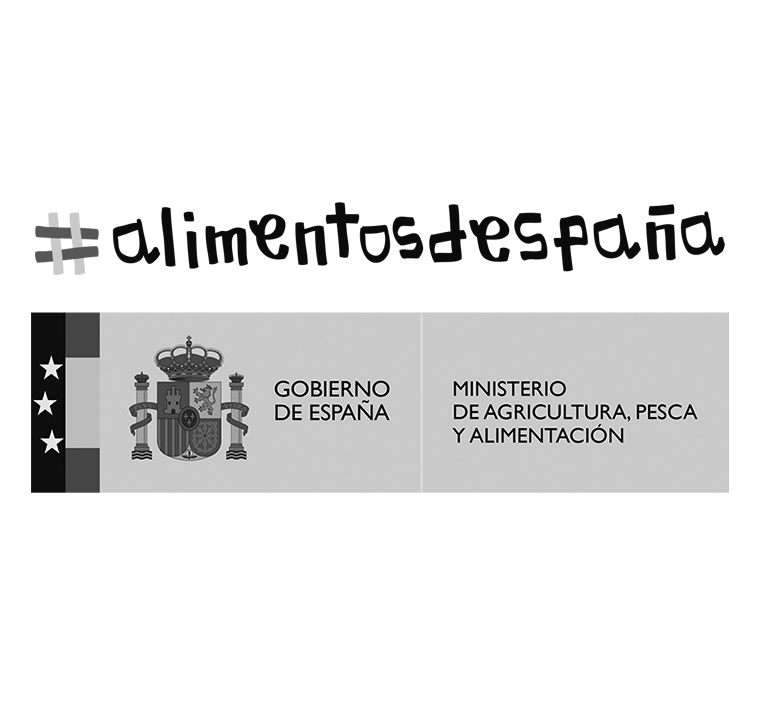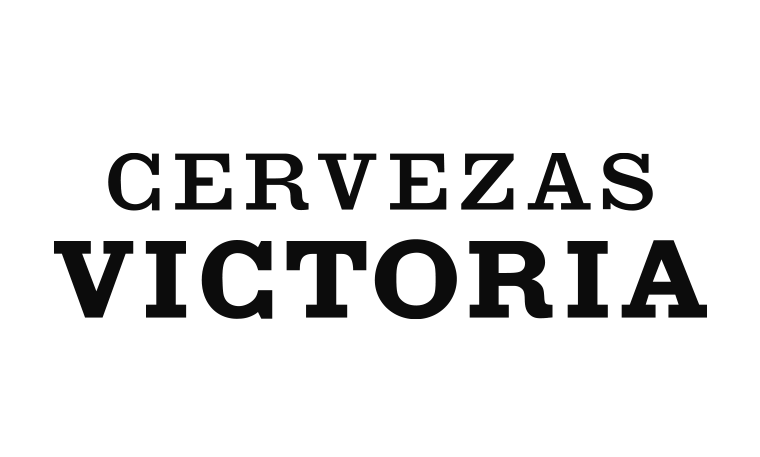'Furtivos': a Spanish cinema classic that marked an era
José Luis Borau and his masterpiece return to the Festival de Málaga with a special screening of the Golden Shell-winning film
This Monday, 17 March, the Festival de Málaga paid tribute to one of the great classics of Spanish cinema in the Christine Ruiz-Picasso Auditorium with the screening of 'Furtivos' (1975), directed by José Luis Borau. Winner of the Golden Shell at the San Sebastian Festival (1975), this film is a masterpiece from the Transition period; a story of oppression, desire and fatality set in a rural environment that becomes an emotional prison.
Ángel lives with his mother Martina, a domineering and impetuous woman, in a cabin in the forest of Segovia. His life is spent hunting wolves and selling meat and skins, until he meets Milagros, a young girl who has escaped from a local reformatory for girls and has a relationship with "El Cuqui", a delinquent from the village. Fascinated by the young woman, Ángel decides to hide her at home, but soon the accumulated tensions in the household, marked by violence and repression, lead to a tragic outcome.
Furtivos', the Película de Oro Tribute at the 28th Festival de Málaga, will also open the KlasikoaK section at the next edition of the San Sebastian Festival. The Malaga festival screened the copy restored by Video Mercury Films and FlixOlé, in a tribute that is topped off with a book published by the Festival de Málaga, Filmoteca Española and DAMA, in collaboration with Caimán Cuadernos de Cine and the San Sebastian Festival.
Juan Antonio Vigar, director of the Festival de Málaga, stressed that 'Furtivos' "is a key film in the history of Spanish cinema, and recovering our film heritage is essential for understanding it. This tribute is the fulfilment of a dream to recognise an essential film".
Born in Zaragoza in 1929, José Luis Borau was a director, producer, screenwriter and occasional actor. ‘Furtivos' (English title: Poachers) (1975) was the film that established him as a director, a film that "reflects Borau's difficulty and iron will. It was a cultural and cinematographic milestone which, thanks to the San Sebastian Festival, was released in its entirety, defying censorship", as recalled by the film critic Carlos F. Heredero, author of "Furtivos. 50 years", a book launched on Monday within the framework of the Festival de Málaga.
The book launch and the colloquium on Borau's film was also attended by Fernando Méndez-Leite, president of the Spanish Film Academy; Alicia Sánchez, actress in 'Furtivos'; Manuel Gutiérrez Aragón, filmmaker; Virginia Yagüe, screenwriter, producer and president of DAMA; Valeria Camporesi, director of the Filmoteca Española; Enrique Cerezo, president of FlixOlé and EGEDA; José Luis Rebordinos, director of the San Sebastián Festival; and Juan Antonio Vigar, director of the Festival de Málaga.
Méndez-Leite stressed that Carlos Heredero's book "is an essential read for all fans of José Luis's films because it has taught us many things we didn't know about Borau's personality and work". In this regard, Gutiérrez Aragón pointed out that "our reconnection [with 'Furtivos'] has been through the book, which is key to understanding the history of Spain and the cultural transitions. It talks about Borau, about the creation of the film and the emotions behind it".
Camporesi remarked that Heredero's work "balances the primary sources and reconstructs Borau's struggle with censorship. It is a great recognition of his effort, full of emotions and sadness", while Alicia Sánchez recalled that 'Furtivos' was a "gift" that marked the start of her career: “I thank Borau for this opportunity, as his presence and personality were key for me”.
Cerezo encouraged film festivals to "continue restoring films because it is a pleasure to see a full house" and it means "re-telling the story of Spanish cinema with a higher quality". Finally, Rebordinos considered it "an honour" to collaborate with the Festival de Málaga, the Filmoteca Española and Mercury: "We will continue to work together, with the idea that the Película de Oro Tribute of Malaga and Donosti will be the same".
Borau won the Goya for best director with 'Leo' (2000), a film that also won the Forqué Award, the Golden Biznaga and the Special Jury Prize at the Festival de Málaga. Throughout his career, he received distinctions such as the Gold Medal of Fine Arts and the National Cinematography Award.
Released in the throes of Franco's regime, 'Furtivos' is one of the most representative films of Spanish cinema in the 1970s. Its portrayal of the rural environment as a space of oppression and violence, together with the unforgettable performance of Lola Gaos, made it a cult film. To this day, the film continues to be the object of study and analysis due to its symbolism and its reflection of a Spain in transformation.
Share








